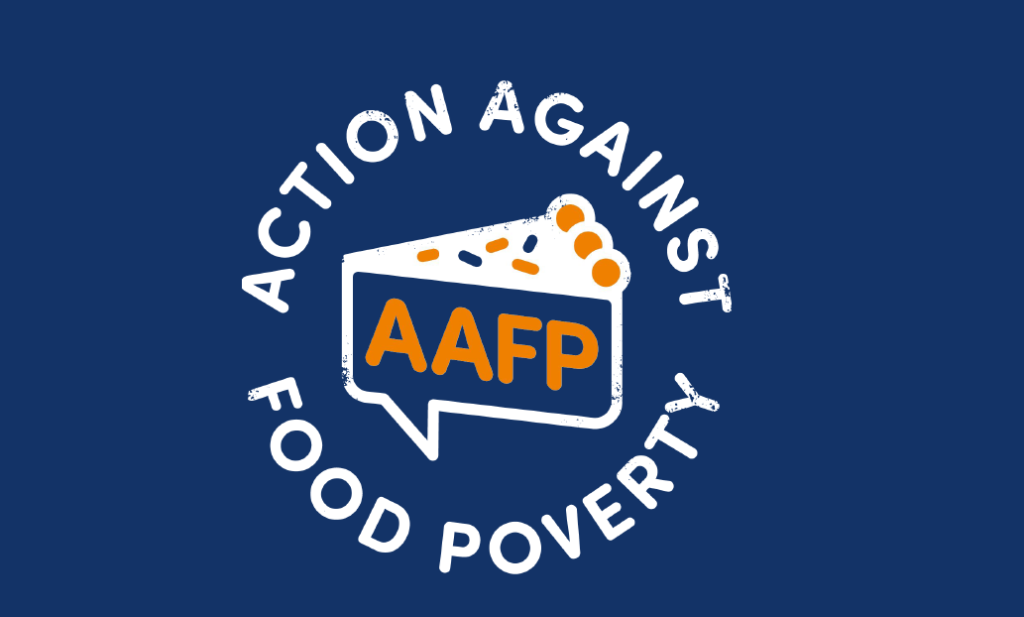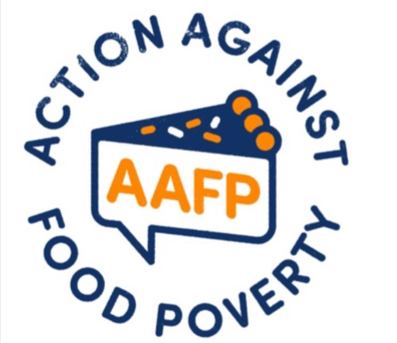The mobile food bank
Meet Robert Straw, who has devised a new way of helping homeless people
By EC1 Echo
Several charities and organisations help to feed London’s homeless, and do good work. But with his organisation Action Against Food Poverty (AAFP) Robert Straw believes he has found a new model – taking the food to the homeless on walks. Every Saturday, he and other volunteers start around Holborn station at 10.30am then walk to Covent Garden, Leicester Square, Piccadilly Circus, Soho, Euston Square, and nearer EC1, to Kings Cross, Angel and Chancery Lane, near Lincoln’s Inn Fields in Holborn, a traditional place for London’s homeless to congregate.
From Colchester, Essex, a while ago Robert moved out of the family home and stayed with friends. “It made me think about people that were homeless on a permanent basis,” he says. He began volunteering for Crisis, Street Kitchen and the Big Issue Foundation, becoming a regular participant in the Big Issue Night Walk.
While Robert recognised the work of these charities he wanted to change the model. “So last March I started AAFP which goes out to give out homemade sandwiches, cakes and other supplies, and we also sit down with them and have a chat if they want to.” It’s like a mobile food bank, with human contact and AAFP has a programme called Using Food As A Catalyst For Conversation.
The premise of AAFP is not just to offer food and supplies to the homeless, but also single parents, students and those struggling with their mental health. “We want to engage with people by talking to them, sometimes for three quarters of an hour, trying to lift their mood. It’s not just about giving food. We’re not changing the world or giving advice. It’s about going out to give food and spread a bit of positivity.” On a good week they engage with about 30 people, on a bad week about 15. AAFP also supports homeless peoples’ dogs.
Some people are afraid, says Robert. “Perhaps they’ve had mental, physical and sexual abuse. Sometimes their mental health problems will not allow them to have any sort of routine so they’ll use drink and drugs, and say, ‘this is my choice.’ You get a lot of people trying to support themselves by begging. We just try to listen.” AAFP is not yet a charity so is currently seeking funding and potential trustees.

